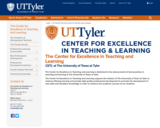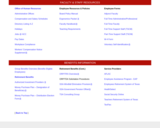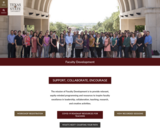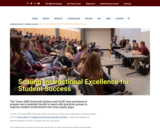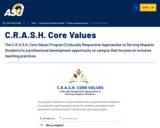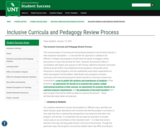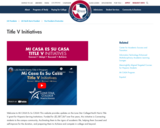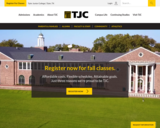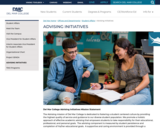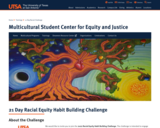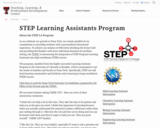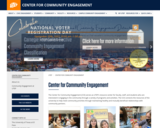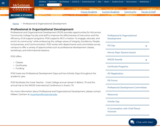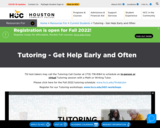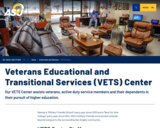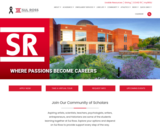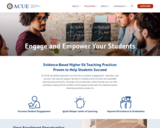
The ACUE Effective Teaching Practices course enables faculty to learn and implement approaches that improve student engagement and persistence and promote deeper learning. This 25-module course covers research-based practices in 5 areas: 1) Designing an Effective Course; 2) Establishing a Productive Learning Environment; 3) Using Active Learning Strategies; 4) Promoting Higher Order Thinking; and 5) Assessing to Inform Instruction & Promote Learning. This course was independently validated and is endorsed by the American Council on Education.
DELIVERY FORMAT: The program has a hybrid format.
PROGRAM SCALE: Medium-scale (reaches between 10 and 25 percent of its target population)
APPROXIMATE PARTICIPANTS SERVED IN 2021-22: 26
HOW TO ENROLL: Participants must apply to enroll in this program
WEBSITE TO APPLY: https://acue.org/programs/faculty/
EVALUATION STATUS: Data related to program outcomes have been externally collected in the past
PRELIMINARY OUTCOMES DATA: Faculty reported at 95% or higher for each module the content learned was worthwhile and they have implemented or plan to implement.
DEPARTMENT(S) OVERSEEING PROGRAM: Academic Affairs: Associate Provost for Academic Success
CONTACT FOR MORE INFO: Colleen Swain at cswain@uttyler.edu or 903.565.5898
- Subject:
- Student Success
- Material Type:
- Student Success: Faculty/staff-facing
- Provider:
- The University of Texas at Tyler
- Date Added:
- 09/15/2022


